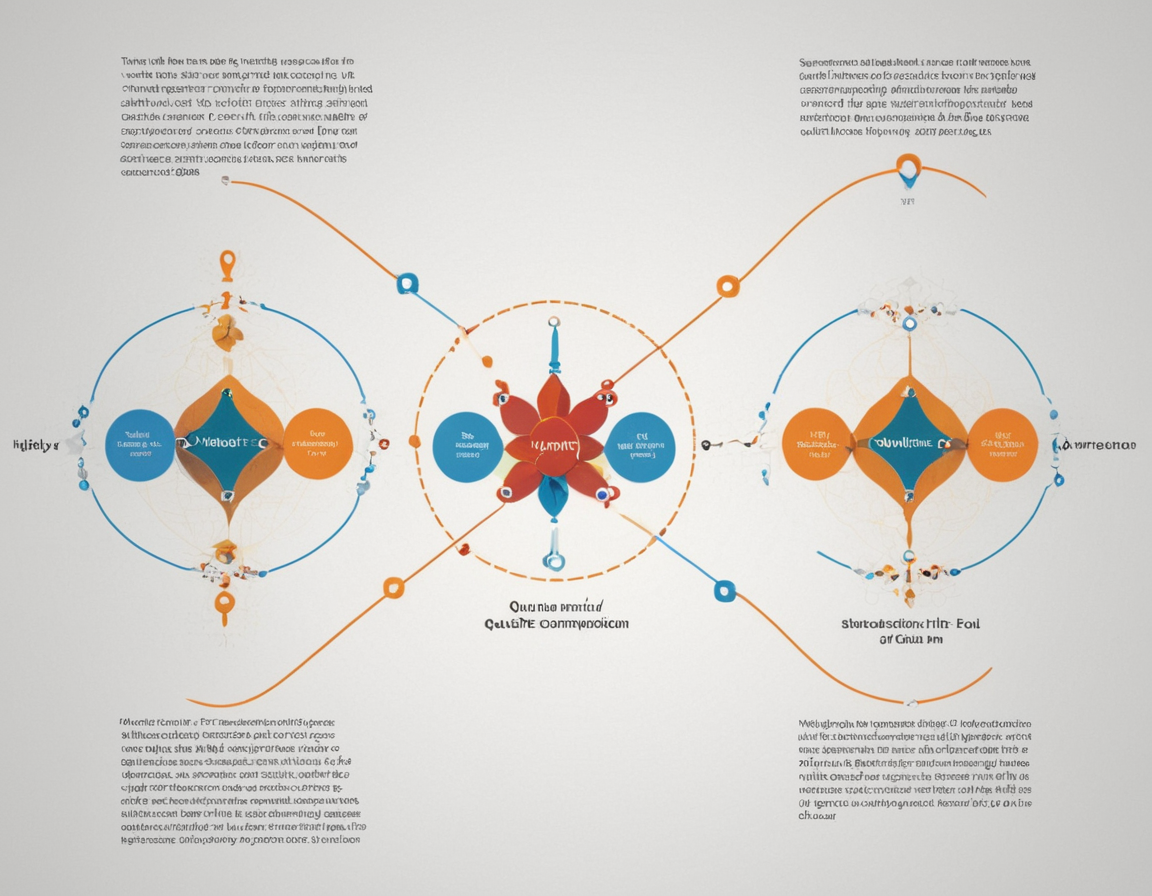Exploring the Marvels of Quantum Computing: A Glimpse into the Future
Decoding the Quantum Realm: A Dive into Quantum Computing
The world stands on the brink of a technological revolution that will fundamentally alter the way we live, work, and interact. Quantum computing, a miraculous conception of the 21st century, is poised to redefine the landscape of computation and information processing. But what is quantum computing, and why is it attracting the attention of industries and governments alike? Let’s demystify this complex subject.
What is Quantum Computing?
At its core, quantum computing is an area of computing focused on developing computer technology based on the principles of quantum theory. Quantum theory explains the nature and behavior of energy and matter on the quantum (atomic and subatomic) level. What sets quantum computers apart from traditional computers is their ability to process and store a vast amount of data with a negligible footprint, offering unprecedented computational speed and power.

The Quantum Leap: Qubits vs. Bits
Traditional computers use bits, the 0s and 1s, to process information. Quantum computers, however, use quantum bits or ‘qubits.’ While a bit can only be in a state of 0 or 1, a qubit can be in a state of 0, 1, or any quantum superposition of these states. This capability allows quantum computers to process a multitude of possibilities simultaneously.
Breaking Down Quantum Supremacy
Quantum supremacy is the point at which quantum computers can solve problems that are completely infeasible for classical computers. To achieve this, quantum machines need to manipulate entanglement and superposition, two of the most fundamental aspects of quantum mechanics.

Applications of Quantum Computing
The potential applications for quantum computing are far-reaching:
- Cryptography: Quantum computing can potentially crack encryption codes that are currently considered secure, reshaping the landscape of cyber security.
- Drug Development: By precisely modeling molecular structures, quantum computers could revolutionize the way new medicines are developed and tested.
- Climate Forecasting: Quantum computers have the power to process and analyze vast datasets, which could lead to more accurate predictions of climate change and its impacts.
- Financial Modeling: Quantum algorithms offer solutions for optimizing portfolios and risk management, potentially transforming financial industries.
- Logistics and Scheduling: Quantum computers could calculate the most efficient routes and schedules, saving significant time and resources.
The Road Ahead
While quantum computing holds a promise of immense processing power, it is also fraught with challenges in terms of practical implementation. Errors in quantum computations, maintaining qubit stability, and the requirement of extremely low temperatures are hurdles that need to be overcome.
As research continues and quantum computers evolve, we are seeing a collaborative effort between academia, industry, and government to unlock the full potential of quantum systems. The venture into the quantum realm is not just about faster computing but unleashing the power to resolve some of the most intricate problems faced by humanity.

Join us as we keep a pulse on this exciting journey into the future of technology and explore how quantum computing will shape our world. Stay updated by following our blog for the latest insights into quantum computing advancements, breakthroughs, and implications.
Ready to learn more?
Discover the intricate workings of quantum mechanics and its paradigm-shifting applications by exploring more on our site. Dive deep into the realm of possibilities with exclusive content that delves into the wonders of the quantum world.
‘Nature is not classical, dammit, and if you want to make a simulation of nature, you’d better make it quantum mechanical, and by golly it’s a wonderful problem, because it doesn’t look so easy.’ – Richard Feynman






